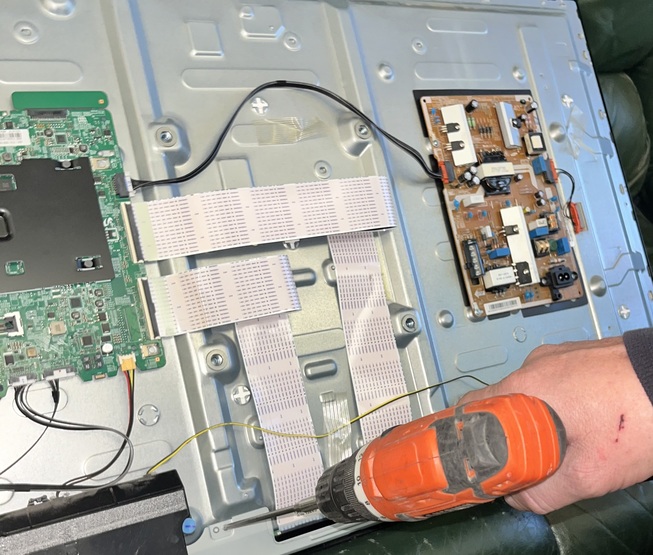From screen size to smart platform, there's a lot to consider when choosing a TV. One important aspect to consider is the speed of the processor, especially if you want to make the most of the TV's smart features.
What does the TV processor do? In simple terms, the processor in a TV (which also applies to computers) controls the processing of data. Every time you tell your TV to do something, such as change programmes or connect to a streaming app, the processor kicks in. It's like a brain for your TV.
The better the processor, the faster your apps, games and other functions on your TV. All the impressive technology your new TV offers depends on a good processor, so if you're comparing two similar models, it's a good idea to look at the processor too.
A smart TV is any TV that connects to the internet. So if your TV has apps on it (like Netflix, Amazon Prime, BBC iPlayer, etc.), it's smart.
What is the processor in a smart TV?
The better the TV, the more powerful the processor needed to run everything. Smart TVs have a computer chip to handle all the features that make them smart, such as backwards services, as well as things like 4K resolution upscaling and surround sound. The benefits of a fast processor are mostly felt when you switch between apps and back to live TV. Older models used to get stuck while an app loaded, but now with quad-core processors they load much faster
What is the best processor for smart TVs?
When choosing a new TV, it's important to know which processor is best for smart TVs. A good guide is to check the technical specifications. 4K and 8K resolution upscaling is an important feature of higher-end processors, as well as high quality surround sound reproduction. Be on the lookout for any artificial intelligence features, too, which will signal that the TV has a really good processor - for fast app switching and impressive smart connectivity.

